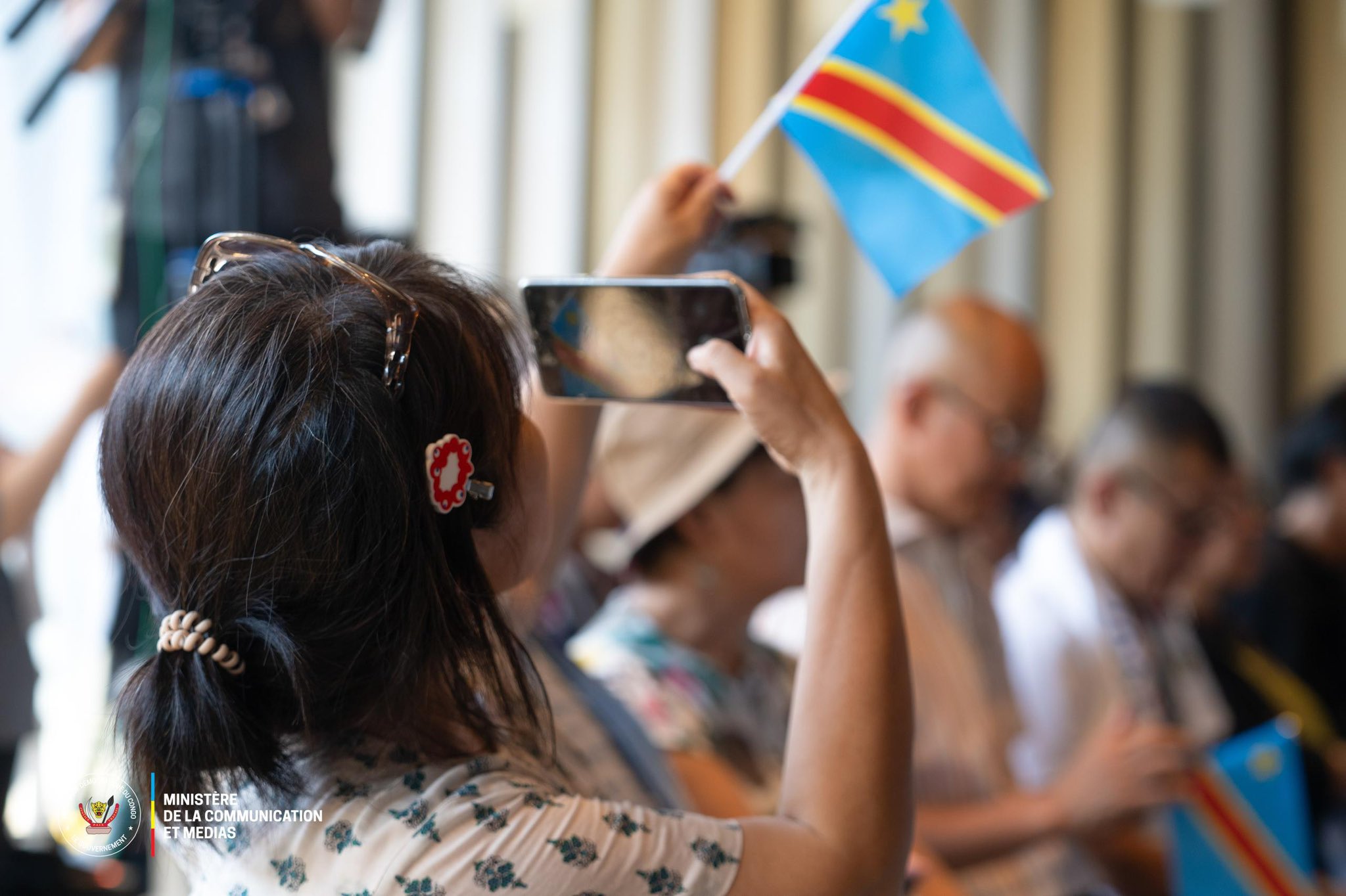By [Michael Babalola], AI Reports Africa
Abuja, Nigeria – Microsoft co-founder Bill Gates recently made a provocative claim: “Within 10 years, AI will replace many doctors and teachers—humans won’t be needed for most things.”
The statement, made during a private AI summit, has sparked fierce debate—especially in Africa, where healthcare and education systems already face severe shortages of professionals. But is Gates’ prediction realistic for the continent? Or does it overlook Africa’s unique challenges?
Gates’ Argument in Context
Gates’ prediction aligns with Silicon Valley’s belief that AI will:
Automate diagnostics (AI outperforming doctors in some medical tests)
Personalize education (ChatGPT tutors adapting to individual students)
Reduce costs (Cutting reliance on expensive human labor)
But Africa presents a different reality.
Why AI May Not Replace African Doctors & Teachers Soon
1. Infrastructure Gaps
- Electricity & Internet: Only 40% of Nigerians have reliable internet; rural clinics often lack power.
- Device Access: Many students and patients rely on shared, low-end smartphones.
“An AI doctor is useless in a village with no WiFi,” says Dr. Amara Nwosu, a Lagos physician.
2. Human Trust Matters
- In many African cultures, healthcare and education rely on personal relationships.
- Example: Maternal health programs succeed because of community midwives, not just tech.
3. AI’s Bias Problem
- Most AI models are trained on Western data, leading to errors in African contexts.
- Case: An AI diagnosing malaria failed in rural Uganda because it was trained on European blood samples.
4. Job Creation vs. Replacement
- Africa needs 2 million more doctors by 2030 (WHO). AI could assist (not replace) them.
- Example: Rocket Health Uganda uses AI to help doctors prioritize emergency cases—not eliminate jobs.
The Hybrid Future for Africa
Experts predict AI in Africa will:
Augment, not replace (e.g., AI tutors helping overworked teachers)
Focus on accessibility (e.g., offline AI tools for remote areas)
Require human oversight (e.g., nurses verifying AI diagnoses)
What Policymakers Are Saying
- Nigeria’s AI Strategy emphasizes human-AI collaboration in healthcare.
- Kenya’s EdTech Plan uses AI to support (not replace) teachers in crowded classrooms.
The Bottom Line
Gates’ vision may play out in high-resource settings, but Africa’s path will be different. Here, AI won’t replace doctors and teachers—it will empower them.
What do you think? Will AI make African professionals obsolete? Comment below




